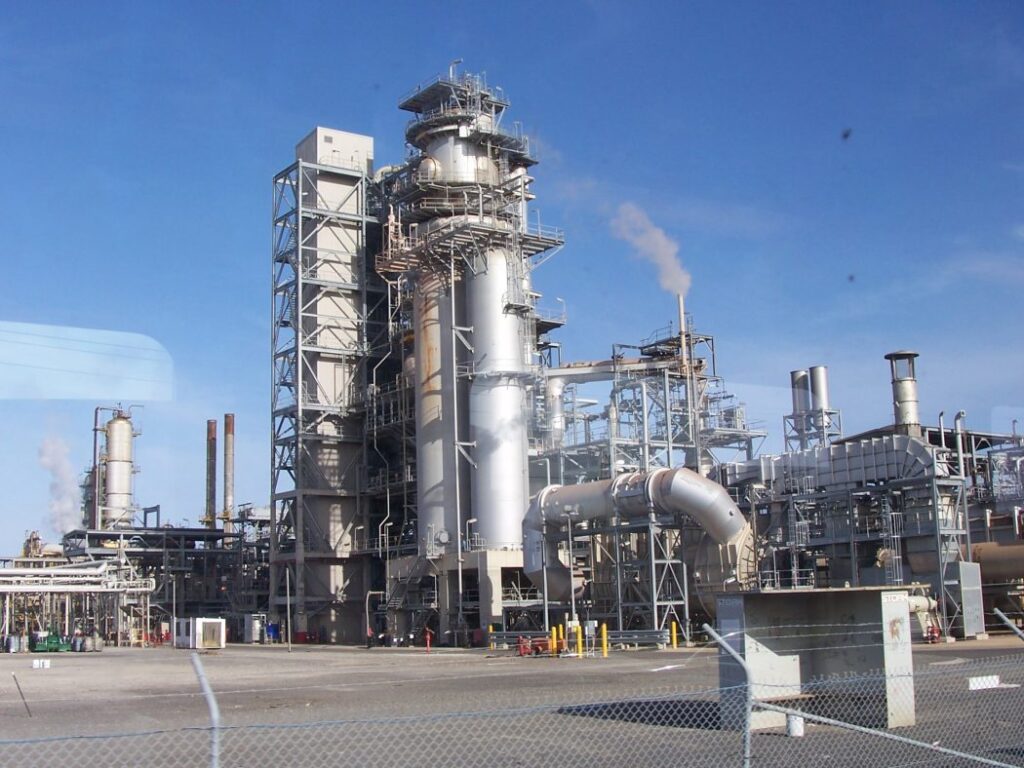
Nigerian crude oil refinery owners have tackled international oil companies and producers for zero crude allocation.
This comes as the Nigerian Upstream Petroleum Regulatory Commission banned the export of crude meant for local refineries.
Speaking on the development in a recent statement, the Crude Oil Refinery Owners Association of Nigeria’s publicity secretary, Eche Idoko, said that for several months, no allocation has been received under the Domestic Crude Oil Supply Obligation framework or through any other special arrangement.
According to him, the zero allocation of crude has made petroleum refiners resort to imports for survival and keep up with production capacity.
“Local refiners, especially the modular refineries, have not been getting crude, I mean zero allocation, under the DCSO or any other special arrangement.
“We have resorted to private arrangements to source products.
“This process has been herculean, forcing most of the modular refineries to produce below full capacity,” he stated.
Last week, the Nigerian government, through the NUPRC, came down hard on crude producers and the IOCs.
NUPRC banned the export of crude oil meant to meet the needs of domestic refineries in the country.
The NUPRC Chief Executive, Gbenga Komolafe, emphasised that diverting crude oil meant for local refineries “is a violation of the law.”.
He warned that the commission will henceforth deny export permits for crude oil cargoes intended for domestic refining.
The DCSO framework, a critical part of the Petroleum Industry Act 2021, makes it a call to duty for IOCs and crude producers in Nigeria to ensure local crude supply.
However, it has been reported that 500,000 barrels of crude oil per day meant for domestic refining have been finding their way to the international market, neglecting domestic refineries.
Experts said the IOCs interest in the international market is in pursuit of foreign exchange earnings, ignoring statutory allocations for domestic refiners.
Meanwhile, with new sanctions by NUPRC, crude refiners are optimistic that the sector will change for the good of Nigerians.
Recall that Nigeria’s daily average crude oil production rose to over 1.4 million barrels per day in November last year.


